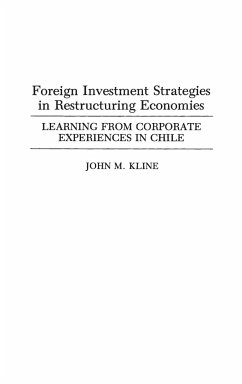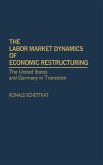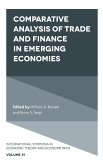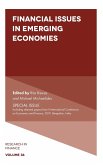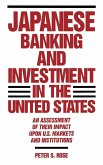Restructuring economies in Latin America, Eastern Europe, and elsewhere are abandoning their hostility to foreign enterprises and adopting policies to attract international investment. This book examines corporate experiences in Chile, one of the first nations to move successfully from a statist economy to an open market system using privatization, debt conversion, and liberal trade and investment policies. Drawing from research on over seventy foreign corporations, the book compares investment strategies used to assess risk and exploit business opportunities under conditions of fundamental economic change. Case studies describe how and why firms selected different financing, management, employment, production, and marketing approaches in establishing or expanding their operations. After a brief historical review, the book examines key policy decisions in the 1980s that shaped Chile's new economy. Case studies are then analyzed by sector, covering mining and energy, nontraditional exports (forestry, fishing, and agribusiness), banking and insurance, and other industries including computers, telecommunications, chemicals, electrical goods, automotive products, foods and beverages, and pharmaceuticals. Summary chapters relate these learning experiences to broader strategic issues such as ownership and control, financing methods, technology transfer, trade policy, labor relations, taxation, regulatory reform, and coordinating global corporate operations. This book presents cumulative learning experiences useful for business executives and public officials who must develop new foreign investment strategies, as well as scholars and students interested in the role of foreign investment in developing countries.
Bitte wählen Sie Ihr Anliegen aus.
Rechnungen
Retourenschein anfordern
Bestellstatus
Storno

